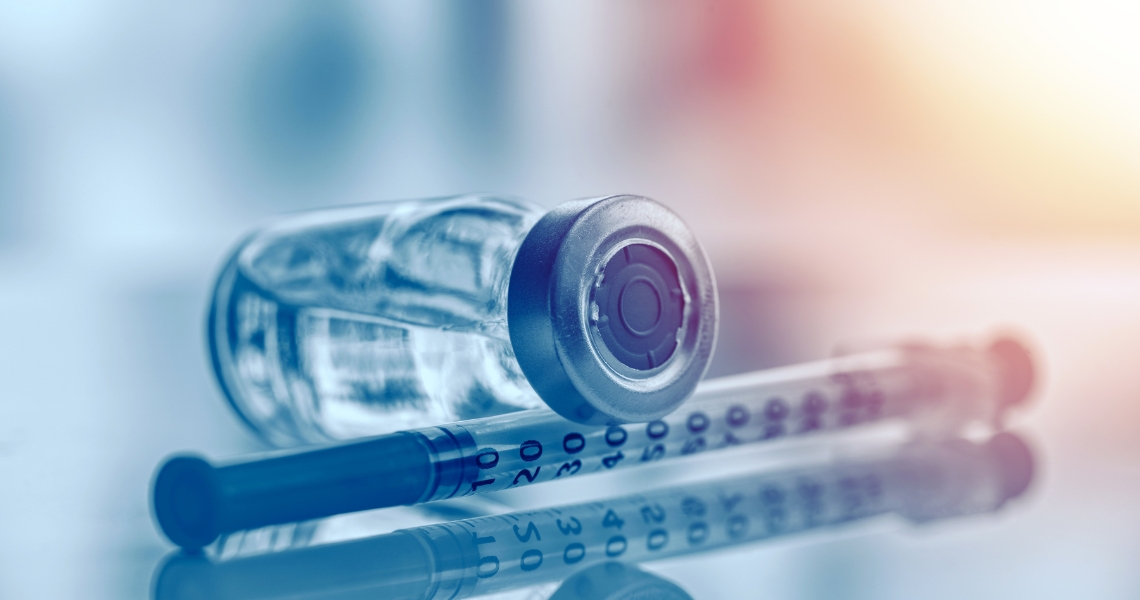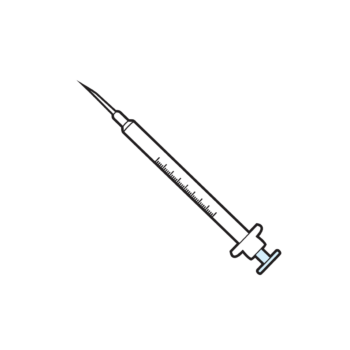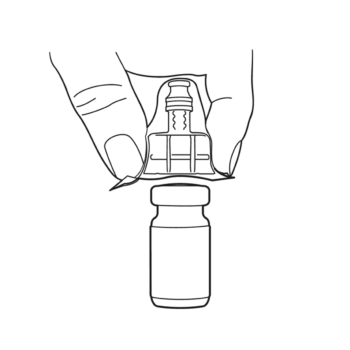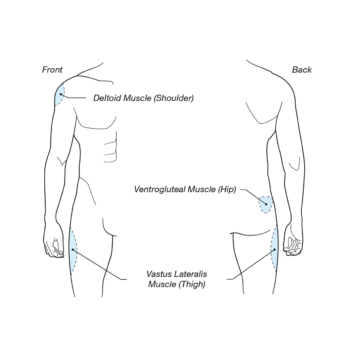Article Summary
Lyophilized medications require reconstitution with bacteriostatic water before injection. Proper preparation includes assembling supplies, reconstituting the medication, expelling air bubbles, choosing an injection site, and safely disposing of used syringes in a sharps container or hard-plastic bottle. Ensure proper sealing and disposal methods to prevent needle exposure.What Is Lyophilized Powder for Injection?
Some medications that need to be injected into the body are lyophilized, or freeze-dried. Before a lyophilized medication can be administered, it needs to be reconstituted, which is the process of mixing it in bacteriostatic water so that it can be injected. Bacteriostatic water for injection is sterile water that contains a small amount of benzyl alcohol. Below are instructions on how to reconstitute a lyophilized medication.
Items Needed to Prepare a Lyophilized Powder
- Vial of lyophilized medication
- Vial of bacteriostatic water for injection
- Mixing syringe
- Injection syringe
- Alcohol wipes
- Sharps container
How to Prepare a Lyophilized Powder for Injection
- Wash your hands thoroughly and assemble the necessary supplies on a clean surface
- Remove the plastic caps from the vials containing the lyophilized medication and bacteriostatic water. Wipe the tops of the vials with alcohol pads and let them dry
- Using the provided mixing syringe, tighten the needle to the hub and then pull back the plunger to the volume to be reconstituted
- Insert the needle into the bacteriostatic water and push the plunger in
- Turn the vial and syringe upside down and draw out the amount of bacteriostatic water directed on your prescription by slowly pulling the plunger back
- Remove the needle from the bacteriostatic water vial and insert it into the vial containing the lyophilized medication
- Slowly push in the plunger to transfer the bacteriostatic water from the syringe to the vial containing the lyophilized medication
- Before removing the needle, draw out a volume of air equal to the volume of liquid that was injected into the vial. This will keep the pressure equal within the vial
- Swirl the vial until the solution is clear
- Before inserting the needle of the injection syringe into the vial, wipe the top of the vial with an alcohol pad
- Obtain a new, unused injection syringe. Bring air into the syringe equal to the volume of medication to be injected by pulling back the plunger, then remove the cap of the syringe
- Insert the needle into the vial containing the reconstituted medication. Push the plunger in and then turn the syringe and the vial upside down. Pull back the plunger to draw the prescribed amount of medication into the syringe
- Gently tap or flick the syringe until all bubbles rise to the top
- To expel air bubbles contained within the syringe, remove the needle from the vial and slowly push the plunger until a small drop forms on the tip of the needle
- Choose an injection site recommended by your physician
- Discard the syringes into a sharps container (more information is below)
How to Dispose of Used Syringes
You can purchase a sharps container, which is a hard-plastic container made especially for used syringes and needles, at your local pharmacy. If you did not purchase this container with your medication, you can use a hard-plastic container with a screw-on top, such as a clothing softener bottle or hard-plastic detergent bottle. Make sure you can easily put both the syringe and the needle into the container.
Regardless of which container you choose, make sure that needles cannot break through the sides, bottom or top.
Contact your healthcare provider or your local pharmacy about how to properly dispose of used syringes and needles. You can also visit safeneedledisposal.org.




